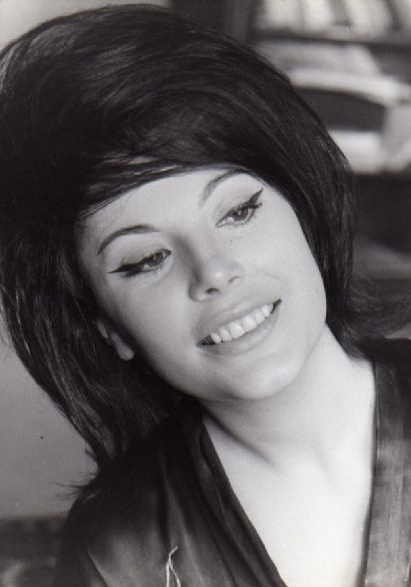Daniela Rocca was born in Acireale, one of the poorest districts of Catania, in Sicily. Like many other Italian starlets in the Fifties and Sixties, Rocca became an actress after winning a beauty contest. In 1953, she was elected Miss Catania, and soon after was noticed by talent scouts, after taking part in the Miss Italy contest. Her first film was Mercanti di Donne (1957). Four years later, the director Pietro Germi who had seen her in I Masnadieri (1961), offered her the role of Rosalia in Divorzio all'Italiana (Divorce Italian Style, 1961). In Divorce Italian Style Rocca gave a brilliant performance as the unwanted wife, accepting a moustachioed upper lip, in order to appear sufficiently unattractive. This was seen an act of great courage for a young symbol of Mediterranean beauty. Daniela Rocca took part in almost a dozen other films, including L'Attico, I Don Giovanni della costa azzurra, and . . . E venne il giorno della vendetta. In 1963, Rocca's film career ended abruptly. She was only 25 years old. After her attempted suicide, she was considered unreliable and received no offers. She fell into a state of severe depression. Her name appeared in the papers for the last time after she cut her wrists and was recovered in a mental institution, in Palermo. Before disappearing once more, Rocca played a minor role in a film for television, La Macchina del cinema, by Marco Bellocchio. Rocca lived the last years of her life at a retirement home in Milo, near Catania, where she spent her time writing poems. She published four books: Agente segreto con licenza di vivere, Avvocato offresi, Il condannato a morte, Psicoanalisi, sogni, fantasie nascosti nella mente, and a collection of poems, Ara.
